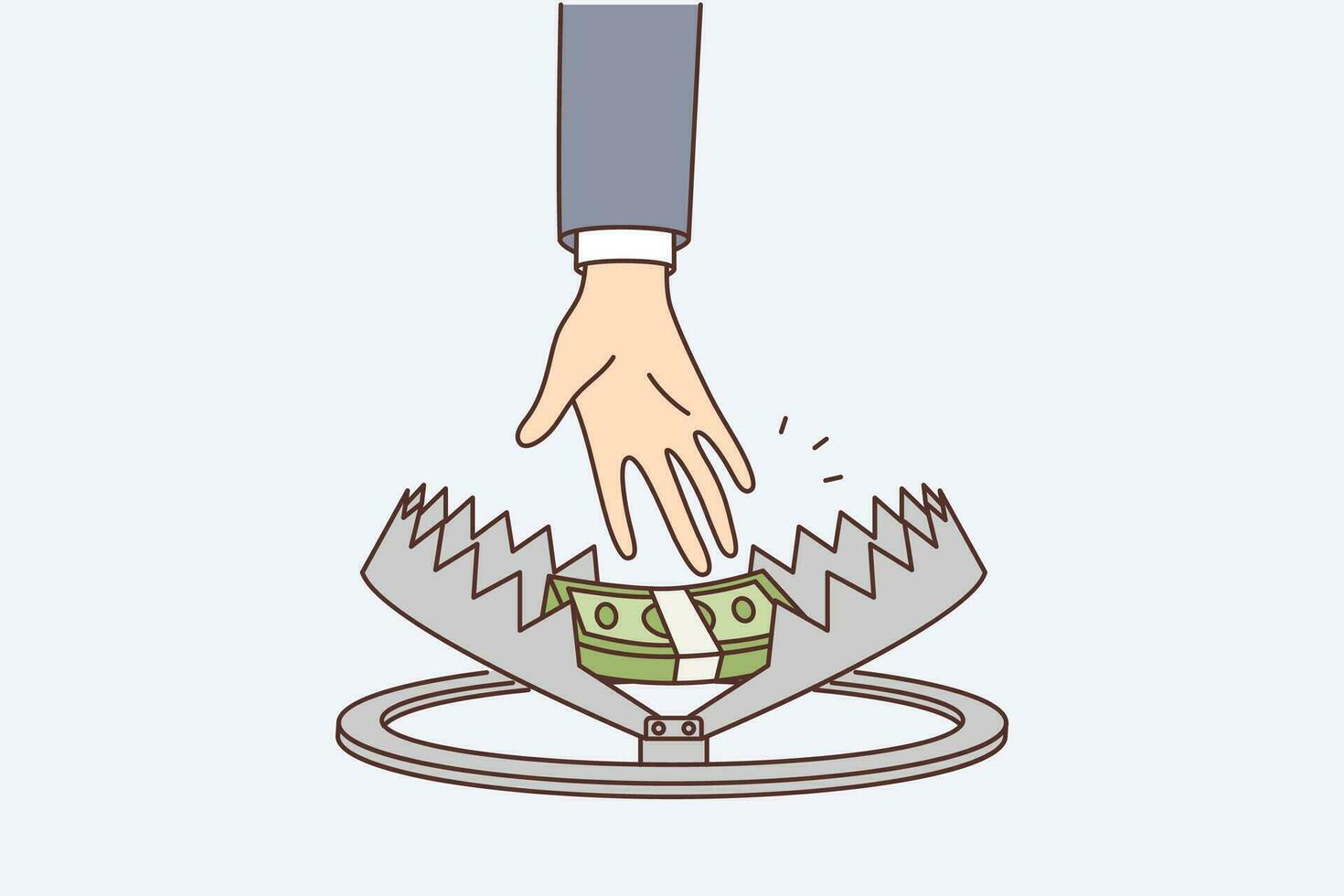Currently Empty: UGX 0

The Money Moment
Money is one of the most challenging topics to discuss when preparing for our future. On one hand, Timothy 6:10 says “For the love of money is the root cause of all evil”; and on the other, everyone needs some money to pay for some of the things that make our lives possible and better: shelter, health care, food, education and so forth. This is why Jim Rohn makes it very scary when he asserts that “If you are spending more than you are making, you may be committing slow financial suicide.” Inspiring finance tips can be helpful.
What is Said about Money
I quite often hear the following kinds of statements: and you may have heard some of them too.
- If I had more money, I would have a better financial plan,
- If there were no taxes, all the money I earn would be available for me to use and some of it would be saved,
- If I had adequate income, I would save and invest,
- If I settled all my debts, I would start saving,
- I am still young to bother myself with saving now,
- The interest rates are so low, what is the point of saving,
- It is practically impossible to save and invest in this economy; and many other related statements.
Reflections
What is your view about these statements? Are they reflective of you or someone you know? These statements in one way or another revolve around financial awareness.
Today, as I reflect on these matters, the observations of Brain Tracy come into play: globally, the average adult spends about 2-3 hours a month thinking about his or her finances while the average adult American spends 20-30 hours a month thinking about finances; making Americans more skilled about money matters; enabling them to pull ahead of their peers.
What this means is that those who spend more time thinking and learning about money are focusing on how to get money, how to save money, how to invest money, how to protect money, and how to better spend their money; and the list is endless.
Thus, the more exposure you attain to financial matters (knowledge and skills), the more you will get better at your finances. This is why it is argued that your finances will improve if you increase your financial knowledge and discipline. The information in this article is for everybody, the young and the old: as money is used by everybody.
Most people reading this article generally know about the importance of money. However, when it comes to planning for our medium to long-term money, many factors come into play for one to build, grow, and protect financial resources over time.
Real-Life Story
Here is a story from a colleague at a recent presentation I made. A participant who was around 55 years of age pointed out to us that he was waiting to receive his National Social Security Funds (NSSF) when he clocks 60 years to build his country home, set up a small farm, and have the balance for day-to-day operations.
This was shocking to some people but not surprising to others because financial preparedness is a rarely talked about subject for most working people. It is also in line with what Brian Tracy alluded to (the average adult spends about 2-3 hours a month thinking about his or her finances); making it quite challenging for such persons to go beyond routine finance operations to medium and long-term personal financial planning.
Likely Effect?
The main reason for being financially aware is to avoid running out of money while still working, and worse still when you are out of employment. One of the frightening realities is the risk of running out of financial resources (income and cash flow) to look after you in old age.
Tips
1. Prioritise to increase financial awareness knowledge by tapping the power of financial knowledge and Smart personal financial learning tips.
2. Controlling your money. It requires you to know where your money is derived from and how to manage your income and expenditure. To illustrate this, if you earn UGX 1,000,000 and you spend UGX 1,200,000, you will gradually become financially insecure. Knowledge and application of budgeting measures can significantly change how you control your money.
Know your needs — these are necessities and must-pay- expenses, they include food, shelter, and so forth. Know your wants — these are your desires and you can choose to live without some of them. Sometimes, these are called discretionary expenses. Good budgeting, therefore, enables appropriate allocation of funds between needs and wants.
3. Seek the services of a professional financial advisor, coach, or mentor. If the best player has a coach, professional support in managing finances is also essential. You may need to be guided in most of the financial decisions in a way that protects you against the unexpected.
Dr. Charles Barugahare



